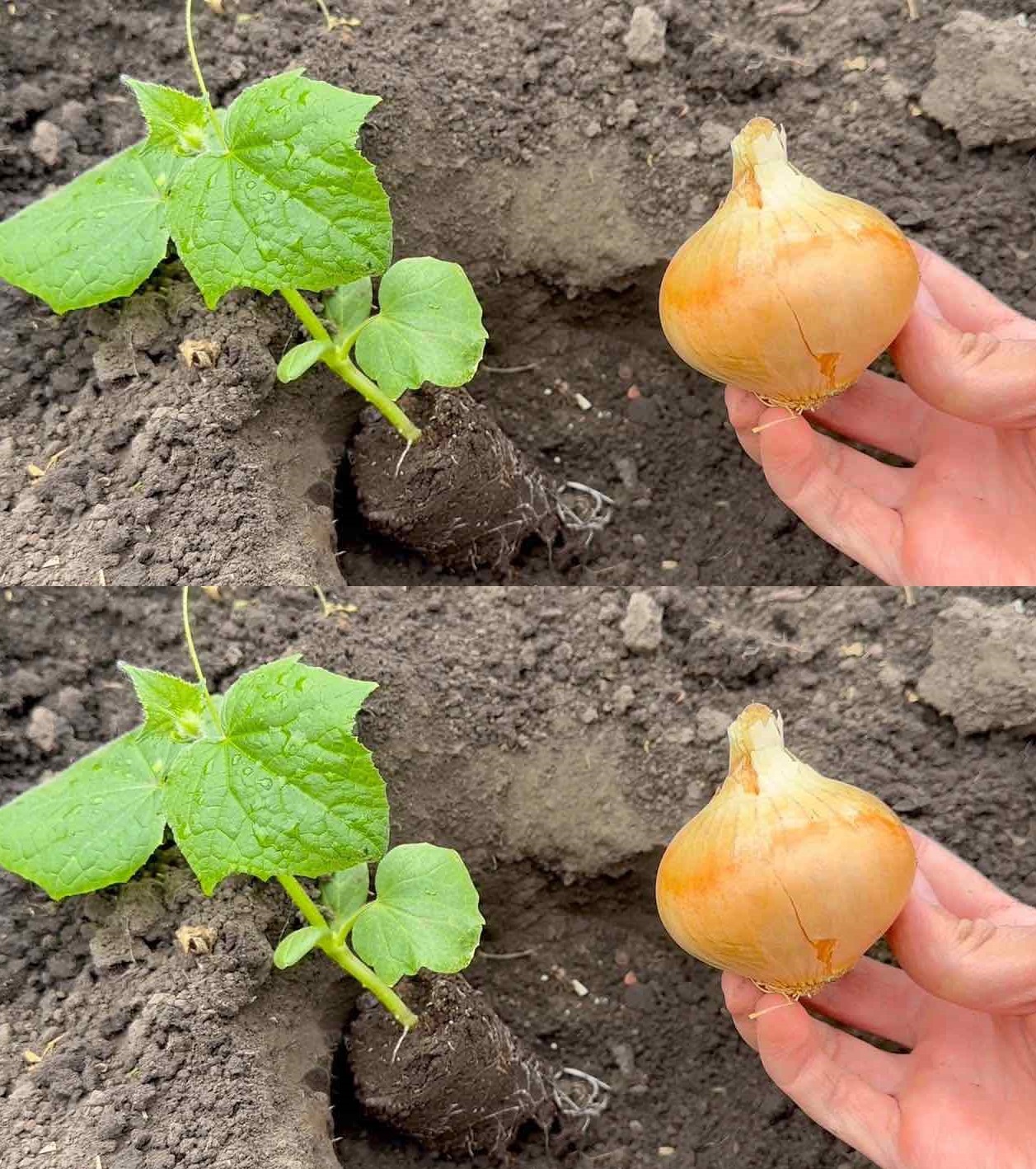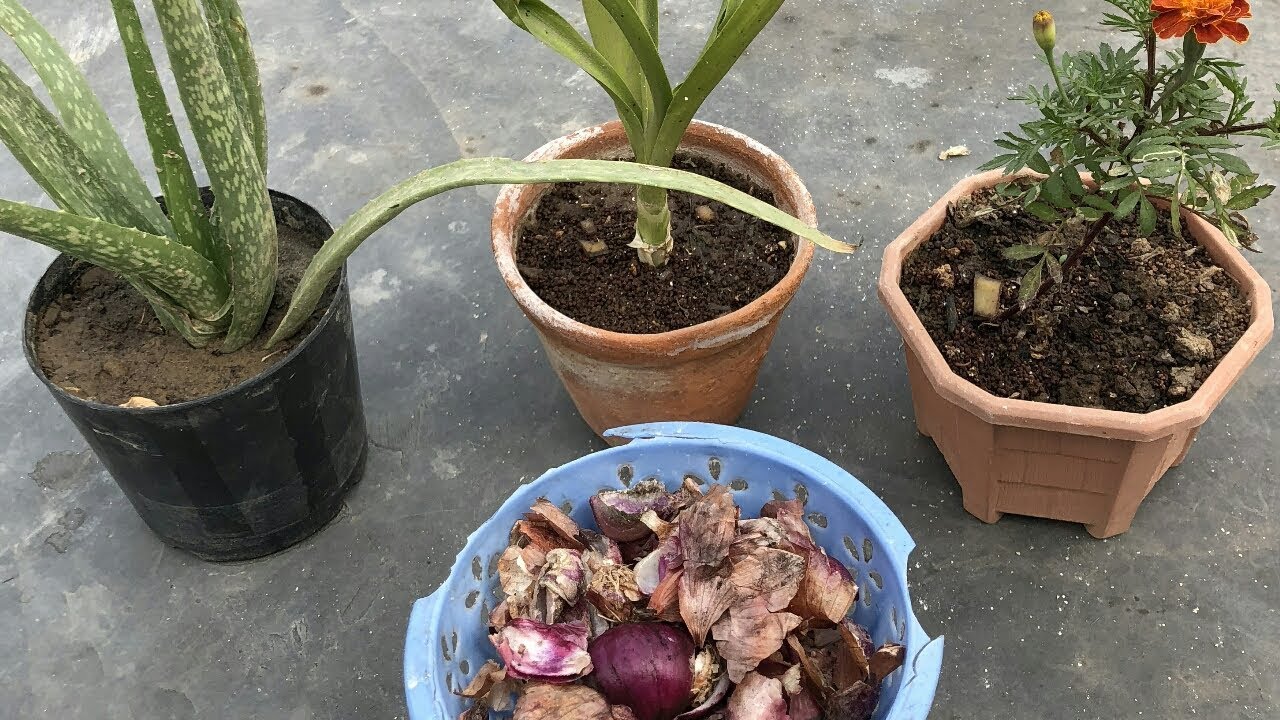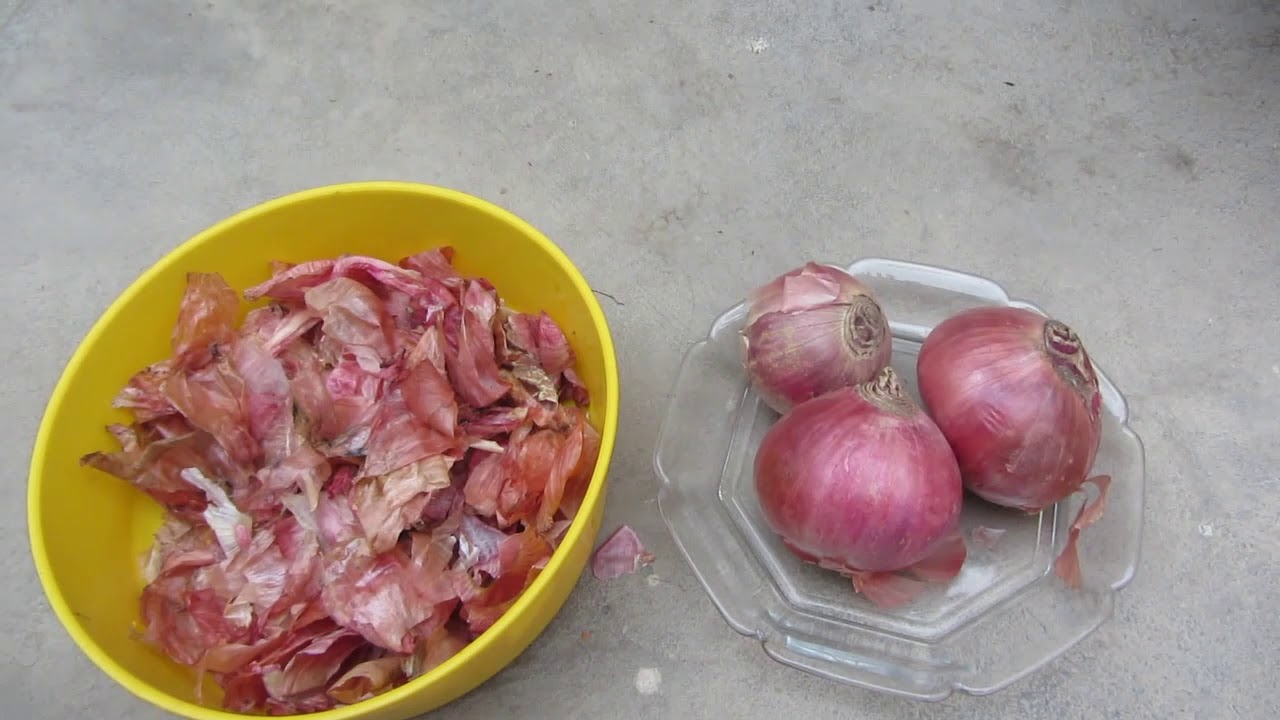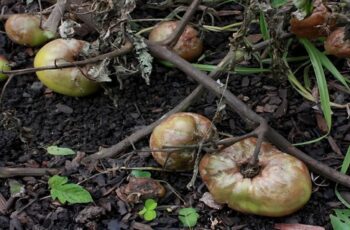Ad Blocker Detected
Our website is made possible by displaying online advertisements to our visitors. Please consider supporting us by disabling your ad blocker.
Many gardeners are unaware of the cost-effective benefits of onion water for enhancing plant performance. Onions offer a wealth of nutrients, including potassium, calcium, iron, magnesium, copper, vitamin C, and folate, making them an excellent natural source of plant nourishment. Moreover, the discarded skins and peels of onions can be valuable additions to compost piles. By soaking these skins and ends in water, one can effortlessly extract the minerals and supplements, creating a nutrient-rich tonic known as onion water.

Benefits of Onion Water
Potassium, with its high score in onions, makes it a perfect organic fertilizer. On the packaging of commercial fertilizers, you’ll often find an N-P-K score being advertised. The “N” stands for Nitrogen, “P” for Phosphorus, and “K” for Potassium.
Nitrogen plays a crucial role in promoting leaf growth and serves as a key component of chlorophyll. Organic planting media, such as potting soils, compost, and manure, supply the necessary nitrogen for plants. Phosphorus, on the other hand, is vital for maintaining healthy roots and enhancing disease resistance. Additionally, it plays a pivotal role in encouraging plants to flower and produce fruits. Lastly, potassium strengthens stems and fosters overall plant growth.

Pest Control. The strong onion smell seems to protect plants from some pests,
How to Prepare Onion Peel Fertilizer
To create onion-based fertilizer, you simply mix onion peels and unused onion cuts with water in an eco-friendly bin. I prefer using a quart-size plastic deli container kept alongside my kitchen compost pail, as it conveniently holds 3-4 handfuls of peelings and effectively traps the onion smell with its lid. Over the course of one or two days, I collect the onion peels in the container, and once it’s filled, I add tap water to cover the peels. Allowing the mixture to percolate at room temperature for 24 hours, I then strain out the peels, adding them to the compost pile. The resulting amber liquid is now a ready-to-use, organic fertilizer for my plants.

I keep a plastic drink dispenser as a “mother jar” of onion water in the garage during the growing season so I have an endless supply available for use.
The Best Ways to Use Onion Water Tonic
Applying this tonic to your plants is as easy as watering them. Simply dilute one part of the prepared tonic with ten parts of water. A small amount of the tonic can cover a large area, so you don’t need to use it much. You have the option to spray it directly on the plants or add it to a watering can for application. However, using a hose-end sprayer might prove challenging to control, leading to potential wastage of the tonic without reaping its benefits.

I use onion water weekly on all my house plants, orchids, Christmas cactus plants, vegetable garden, and potted patio plants.

